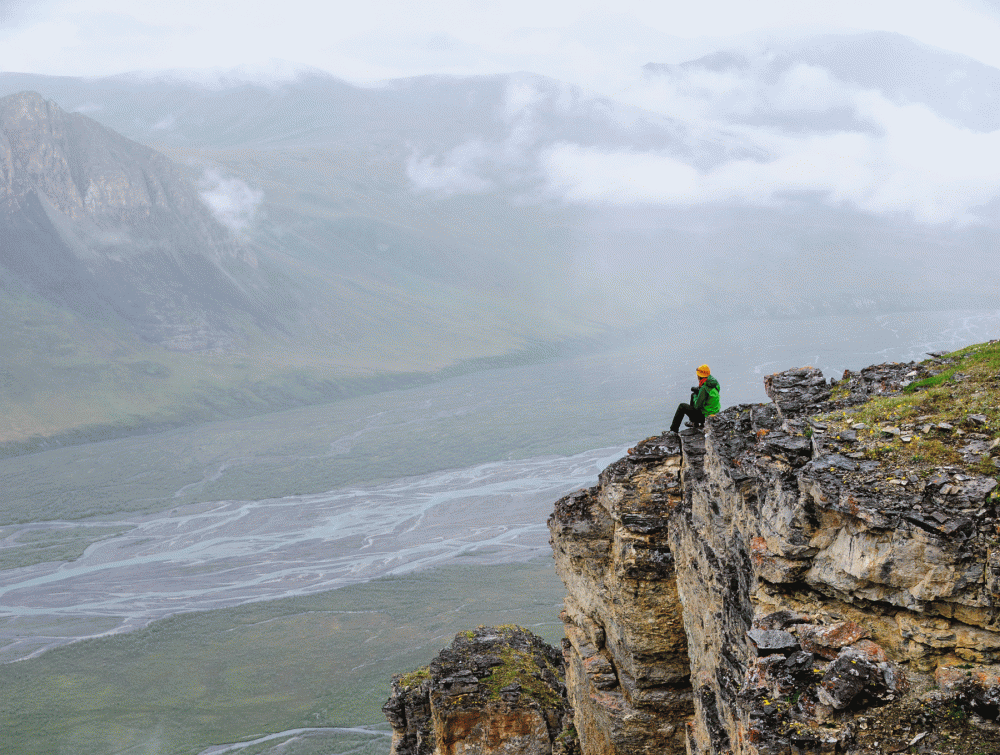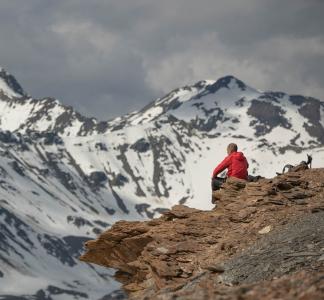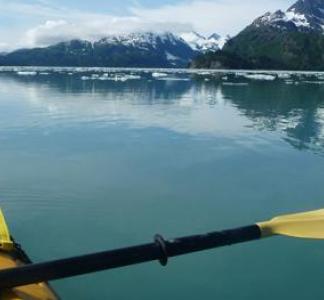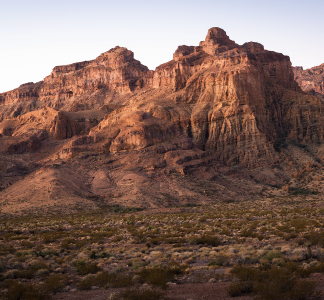New bill in U.S. House would restore protections for Arctic Refuge coastal plain

Arctic National Wildlife Refuge, AK.
Fredrik Norrsell.
Bill to protect Arctic Refuge has been introduced
Thanks to Rep. Jared Huffman (D-Calif.), Rep. Brian Fitzpatrick (R-Penn.), and more than 100 co-sponsors, a bill to protect the Arctic National Wildlife Refuge coastal plain from oil development has been introduced in the U.S. House of Representatives.
The Arctic Cultural and Coastal Plain Protection Act (H.R. 5911) aims to restore protections that were repealed by the controversial tax law that passed in December 2017 and left the calving and nursing grounds of the Porcupine Caribou Herd vulnerable to industrial development.
“The Arctic Refuge is one of America’s most majestic places, and we are deeply grateful to Reps. Huffman and Fitzpatrick for introducing the Arctic Cultural and Coastal Plain Protection Act to defend this wild, beautiful landscape from destructive oil development,” said Jamie Williams, president of The Wilderness Society. “The 2017 tax law that opened the refuge to drilling was an egregious abuse of the federal budgeting process, and this is a necessary step toward correcting it.”
The coastal plain of the Arctic Refuge is vital habitat for the Porcupine Caribou Herd, and the home of denning polar bears, musk oxen, wolves and nearly 200 species of migratory birds. A landscape that is so special is no place for oil and gas development.
As America increasingly focuses on addressing the crisis of climate change, we must begin to turn away from fossil fuels. The Arctic Refuge – which is already warming twice as fast as the rest of the planet – is the first place we need to protect if we are going to achieve our goal of reducing emissions of greenhouse gases.
The bill’s introduction came shortly after officials at the U.S. Department of the Interior announced that SAExploration was abandoning plans for destructive seismic exploration of the coastal plain this winter. The company had applied to conduct the work—which can be done only during winter—across the entire coastal plain but failed to secure the required permits, and experienced further delays caused by a government shutdown that started in December.
The Department of the Interior still intends to hold a lease sale later this year, but oil companies will have less information about where promising acreage may be.
BLM recently held hearings in several communities in Alaska to take public comment on possible drilling on the coastal plain, prompting a strong showing of Alaska Native leaders who attended the hearings and stood up to protect their rights and the Arctic Refuge.
“The coastal plain is sacred to Alaska’s indigenous Gwich’in people, and it is no place for oil and gas development,” Williams said. “The Trump administration’s rush to sell off our greatest public lands must be stopped.”



